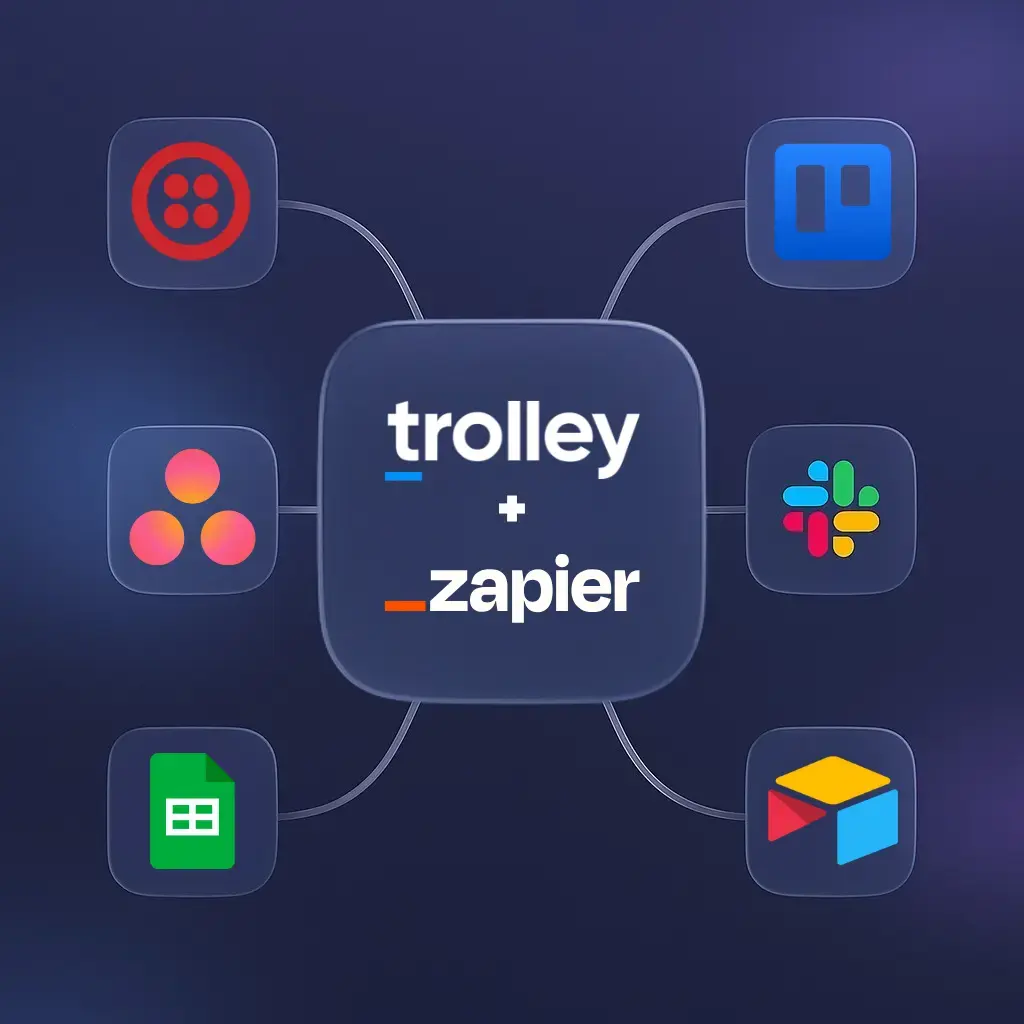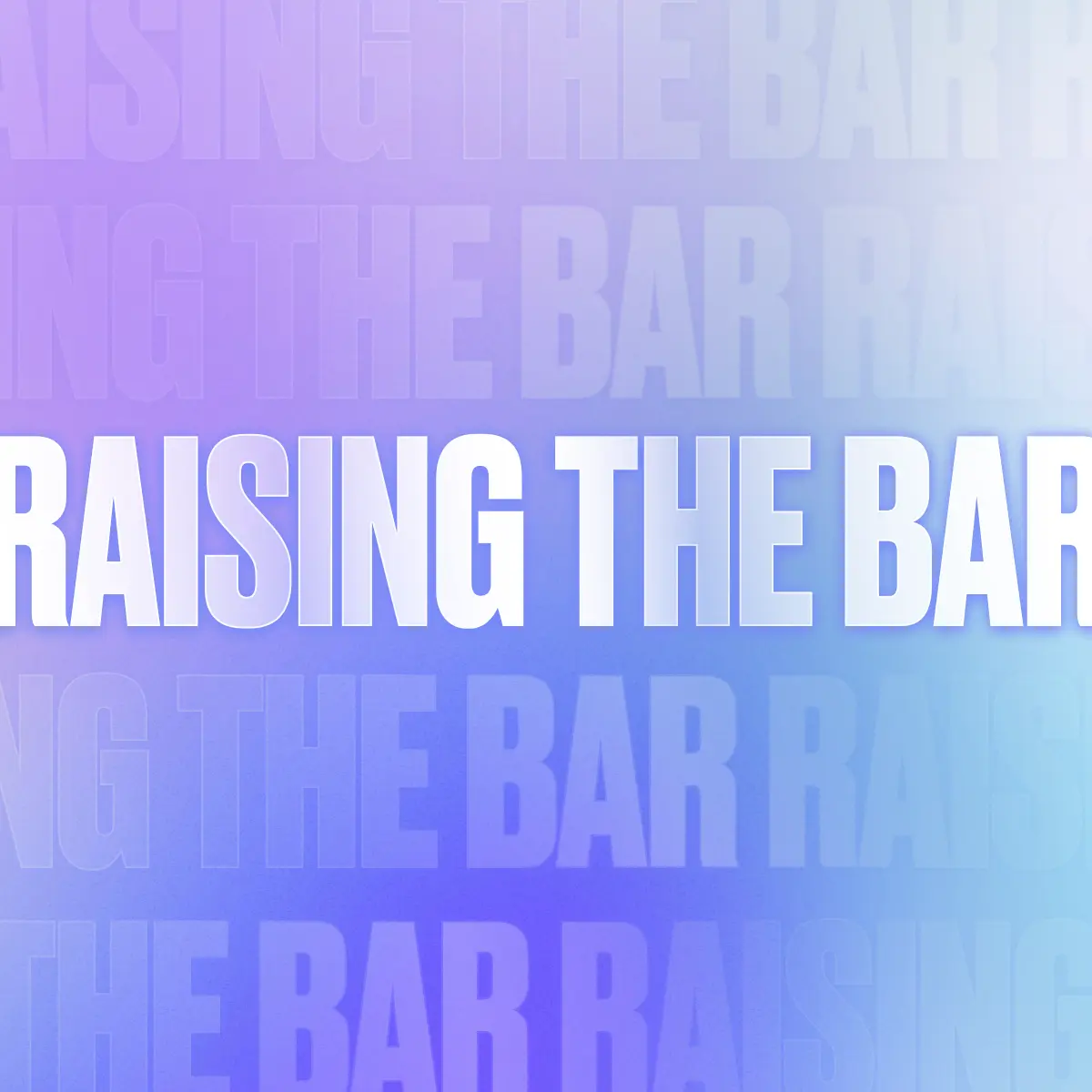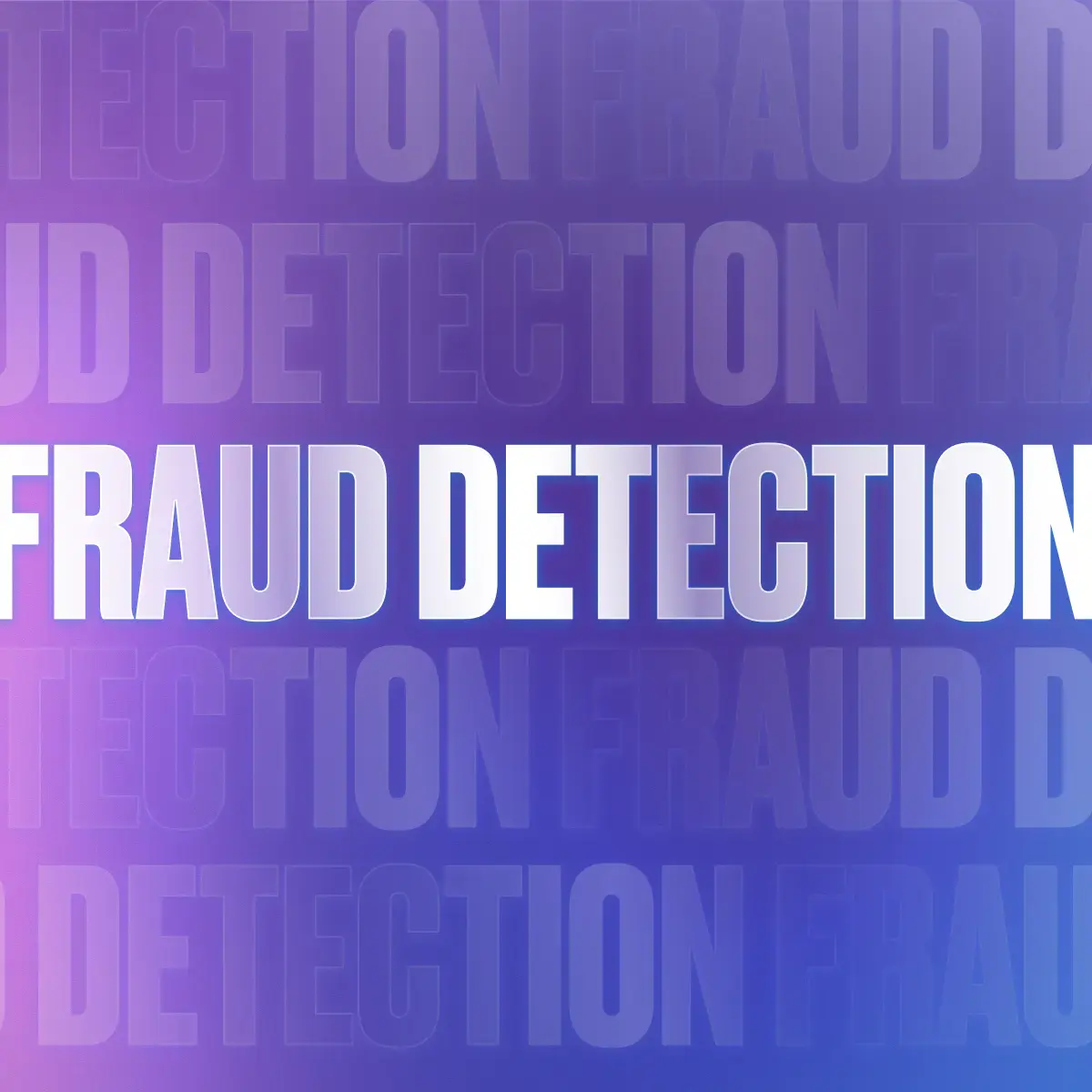At Trolley, we understand the complexities of managing compliance in the face of evolving IRS 1099-K reporting thresholds. Notice 2024-85 outlines a phased implementation of a $600 reporting threshold, giving third-party settlement organizations (TPSOs) time to adjust their systems and processes. Whether it’s preparing for the 2024 threshold of $5,000, planning for 2025’s $2,500 limit, or ensuring readiness for 2026 and beyond, Trolley’s platform is built to simplify these challenges.
On Nov 26, 2024, the IRS announced new updates to Form 1099-K reporting thresholds for third-party settlement organizations (TPSOs), outlined in Notice 2024-85.
These updates provide critical information for TPSOs and their stakeholders, adjusting the phase-in thresholds for 2024 and 2025 reporting before the full implementation of a $600 threshold in 2026. If your business or marketplace is dealing with payments and reporting compliance, these changes are worth your immediate attention.
Here’s everything you need to know and how Trolley can help you stay 1099-K compliant.
What we cover
What is Form 1099-K?
Form 1099-K, titled “Payment Card and Third Party Network Transactions,” is an IRS tax form used to report payments processed via payment cards (e.g., debit, credit) or third-party network transactions.
TPSOs, or third-party settlement organizations, act as intermediaries connecting buyers and sellers while guaranteeing payment to participants. Many platforms aggregating creators or gig workers—like Etsy, eBay, Airbnb, and UpWork—qualify as TPSOs and are required to issue 1099-K forms to individuals paid through their systems.
The primary purpose of Form 1099-K is to ensure accurate reporting of taxable income by individuals and businesses receiving payments through these channels. It covers income from various sources, including freelance work, online sales, and other business transactions. By requiring payment processors to report this information, the IRS aims to improve tax compliance and reduce the tax gap associated with underreported income.
It’s important to note that Form 1099-K reports the gross amount of all reportable payment transactions. This means it does not account for adjustments such as credits, refunds, or fees. Therefore, recipients must maintain accurate records to reconcile the amounts reported on Form 1099-K with their actual income, considering any deductions or business expenses.
What are the current and future 1099-K reporting thresholds?
The 1099-K reporting thresholds have undergone significant changes in recent years, with more stringent requirements on the horizon:
- Current law: The published law establishes a $600 reporting threshold, effective from tax year 2023. However, the IRS has introduced temporary relief measures to phase in compliance with this lower threshold.
- 2024 threshold: Under Notice 2024-85, the reporting threshold for TPSOs in 2024 will be $5,000, with no minimum transaction threshold. This means reporting begins from the first transaction.
- 2025 threshold: For tax year 2025, the reporting threshold will drop to $2,500, maintaining the no-transaction minimum.
- 2026 and beyond: Starting in 2026, the $600 threshold will be fully implemented, aligning with the published law.
What is Notice 2024-85?
Notice 2024-85 provides temporary relief for TPSOs by outlining phased-in reporting thresholds, reducing the immediate burden of compliance at the $600 level. Here are the key takeaways:
- Penalty relief: TPSOs will not face penalties for failing to file at the $600 threshold in 2024 or 2025, as long as they comply with the phase-in thresholds ($5,000 in 2024 and $2,500 in 2025).
- Optional compliance: If a TPSO can file at the $600 threshold in 2024 or 2025, they are still considered in compliance with the law. This means TPSOs have the option to file at the lower threshold if operationally feasible, despite customer pushback.
- Backup withholding reporting: TPSOs must report any backup withholding conducted in 2024, even if the total payments are below the $5,000 threshold. This requirement underscores the importance of maintaining accurate records.
- State tax authority guidance: While the IRS has provided relief, state tax authorities may set their own thresholds. Some states might follow the $600 threshold without offering penalty relief, making it essential to monitor state-specific guidelines closely.
Implications of these changes & next steps
These updates have far-reaching implications for TPSOs and businesses that rely on their services. Below, we break down the practical effects of Notice 2024-85:
- Operational adjustments: The phased approach to reporting thresholds requires TPSOs to adapt their systems incrementally over the next few years.
This means upgrading data collection processes, ensuring payment tracking can accommodate varying thresholds, and preparing for more frequent reporting as the threshold lowers to $600. Proactively updating these systems not only ensures compliance but also minimizes the risk of errors or delays that could attract penalties in future years. - Backup withholding compliance: Backup withholding for payments, even those below $5,000, is a critical area of focus for TPSOs in 2024.
TPSOs need robust systems to track and report backup withholding activity accurately. This not only includes withholding itself but also the generation and submission of corresponding Form 1099-Ks. Missing or inaccurate reporting could lead to financial penalties and erode customer trust, highlighting the importance of detailed and accurate record keeping. - Customer communication: As the reporting threshold drops, customers who are unaccustomed to receiving a Form 1099-K for smaller payments are likely to have questions or concerns.
TPSOs need to invest in clear, proactive communication strategies to educate customers about the new requirements. Providing resources like FAQs, help desk support, and email updates can help alleviate confusion and ensure customers understand the changes, even if they initially object to the reporting. - State-level complexity: While the IRS’s phased thresholds offer some relief, states may still enforce the $600 threshold without penalty waivers.
This means TPSOs must navigate a patchwork of state-specific rules, creating a more complex compliance environment. Keeping track of differing state regulations and implementing systems to manage both federal and state-level compliance will be essential for avoiding fines and maintaining operational efficiency. - Scalability challenges: As the thresholds decrease, the volume of Form 1099-K filings will increase substantially for many TPSOs.
Managing this influx requires scalable systems capable of handling large volumes of data, generating accurate forms, and ensuring seamless e-filing with the IRS and state tax authorities. Businesses with high transaction counts must prioritize automation and robust infrastructure to maintain efficiency and accuracy as reporting demands grow.
How Trolley can help
Navigating these changes can be daunting, but Trolley is here to simplify 1099-K compliance for TPSOs and businesses. Our platform offers a comprehensive solution for managing the entire tax reporting process, including:
- Data collection: Easily collect and validate payment recipient information, ensuring accuracy from the start.
- Payment tracking: Track payments across various methods and platforms to stay compliant with reporting thresholds.
- Form generation: Generate accurate 1099-K forms based on the latest IRS guidelines, ready for filing.
- E-filing: Submit forms electronically to the IRS, saving time and reducing errors.
With Trolley, you can ensure compliance at every stage of the reporting process, regardless of the threshold. Our solution is designed to scale with your needs, adapting to the evolving regulatory landscape and keeping your business ahead of the curve.
Stay Ahead of Tax Reporting Changes
The IRS’s phased approach to implementing the $600 threshold gives TPSOs and businesses a window of opportunity to prepare. However, proactive steps are essential to minimize disruptions and maintain compliance.
Let Trolley take the hassle out of tax reporting so you can focus on growing your business. Get in touch with us today to learn how we can streamline your 1099-K reporting and more.
*** Legal disclaimer
The information provided in this article is for informational purposes only and should not be considered legal, financial, or compliance advice. It is not intended to replace the advice of qualified professionals who are familiar with your specific circumstances. Compliance with IRS regulations, including 1099-K reporting thresholds and Notice 2024-85, is the responsibility of your organization.
Trolley’s platform is designed to assist with payment and tax reporting processes but does not constitute legal or compliance certification. We recommend consulting with your legal, financial, or compliance advisors to ensure that your systems and processes meet all applicable requirements. For questions about Trolley’s features and how they align with your compliance needs, please contact our support team.







